Are you a borrower looking to become more financially secure? Do you want to be able to manage your money effectively and efficiently?
Whether getting out of debt or saving up for a big purchase, taking control of your financial life can be overwhelming. But with the proper guidance, managing your bank accounts doesn’t have to feel like climbing Mt. Everest!
At SkyCap Financial, we loan money to Canadians for all types of reasons. However, it’s always best to ensure your financial house is in order before you take out a loan.
Here are ten easy money management tips for borrowers that you can use to increase their financial literacy and knowledge.
Make a Budget

One of the best ways to manage your finances is to create a budget. A budget will help you track your income and expenses so you can see where your money is going.
To create a budget, start by listing your income and expenses. Be sure to include both fixed expenses (like your mortgage or car payment) and variable expenses (like groceries or gas).
Once you have a list of your income and expenses, figure out how much money you have left over each month after you’ve paid all of your bills. This is your “disposable income.”.
Now, you can start to allocate your disposable income to different savings goals. For example, you may want to save for a down payment on a house, or you may want to save for retirement.
Create Financial Goals

Creating financial goals is an important step in managing your money properly. Think about what you want to achieve financially, such as saving a certain amount of money or eliminating debt.
Then, create a plan outlining the steps you need to take to reach your goals. Make sure to include specific tasks and deadlines to stay on track.
Finally, review your progress regularly and make adjustments as needed. Having measurable financial goals will help ensure you’re able to meet them.
Review Your Finances Regularly

Finally, make sure to review your finances regularly. This means checking in on your accounts at least once a month. Take time to review your bank statements and credit card bills so you can quickly spot any discrepancies or errors and fix them with the relevant financial institutions.
Regularly reviewing your finances will help you stay on top of your spending and give you peace of mind that everything is in order.
Automate Your Savings
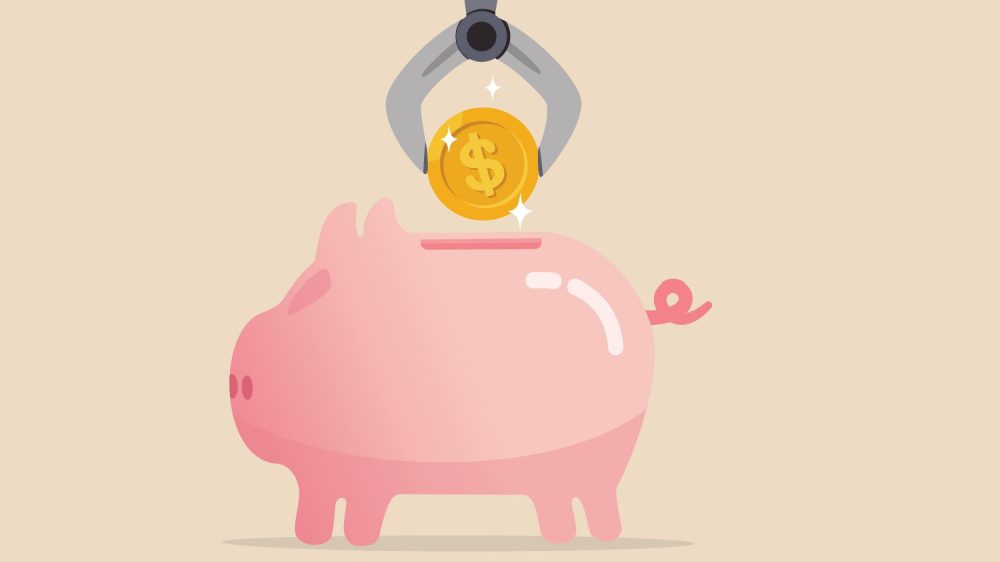
One of the best ways to ensure that you save money is to automate your savings. This means setting up a system where a certain percentage of your income is automatically transferred into a savings account each month.
If you have a hard time saving money, automating your savings can be a helpful way to make sure you’re putting aside extra money each month.
Live Below Your Means

One of the best ways to manage your finances is to live below your means. This means spending less money than you earn.
If you’re spending more money than you’re earning, it’s time to make changes. Start by evaluating your spending habits.
Are there any areas where you can cut back?
Once you’ve identified areas where you can cut back, make a budget and stick to it. It may take some time to adjust to living on a budget, but it’s worth it if it means getting your finances under control and securing your financial future.
Build an Emergency Fund
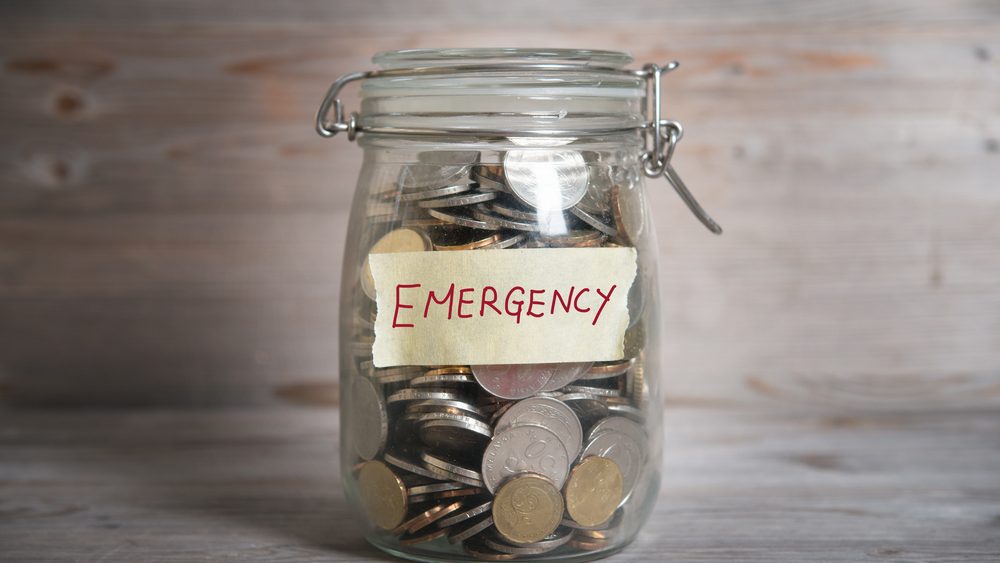
One of the best ways to protect yourself financially is to build an emergency fund. An emergency fund is a savings account that you can use to cover unexpected expenses, like a car repair or a medical bill.
Ideally, your fund should have enough money to cover three to six months of living expenses. If you don’t have an emergency fund, start by saving $500. Then, continue to save until you have enough to cover three to six months of living expenses.
Having an emergency fund can help ensure your financial success by avoiding problem areas.
Invest in Yourself

Investing in yourself is one of the best ways to improve your financial situation. This means taking steps to improve your skills and knowledge.
Investing in yourself can help you earn more money and improve your financial situation. For example, if you’re looking to advance in your career, you may want to consider taking courses or getting a certification.
The more you can build your experience and credibility, the higher your earning potential will be. And higher earnings often come with increased financial stability.
Don’t Carry A Balance On Your Credit Card

Carrying a balance on your credit cards is one of the quickest ways to get into debt. If you carry a balance on your credit card bill, you will pay interest and fees, which can add up quickly.
Instead of carrying a balance, try to pay off your credit card bills in full each month. This way, you won’t have to worry about accumulating more debt or high interest rates.
Pay Yourself First
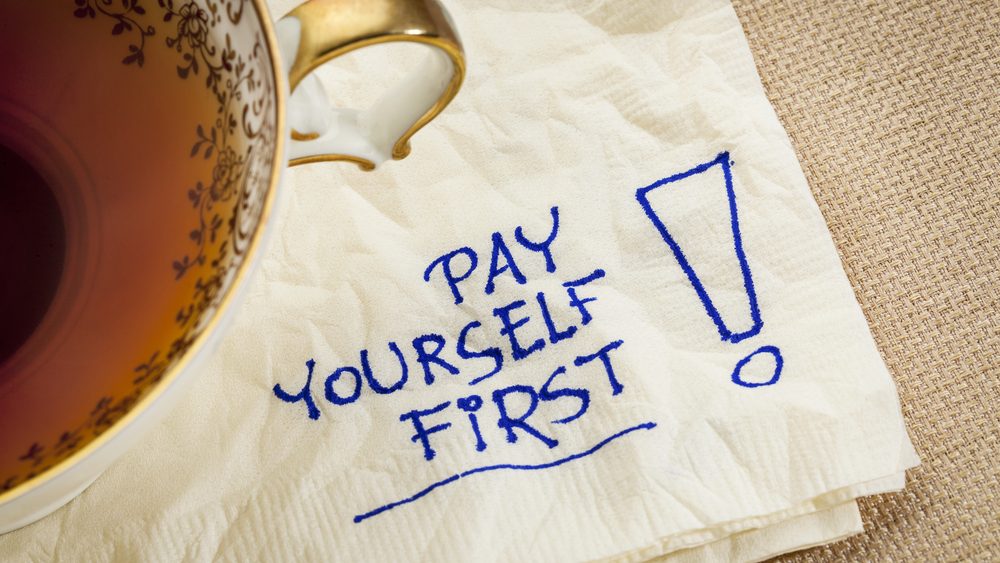
One of the best money management tips is to “pay yourself first.” This means setting aside money for savings before making other purchases or payments.
It may seem counterintuitive to save before spending, but it’s an important habit to build if you want to reach your financial goals. Before making any purchases or payments, set aside money for savings. Put the amount into an account you don’t touch, such as a retirement or emergency fund.
By making saving a habit, you’ll be able to build your financial security and reach your goals faster.
Set Up Automatic Payments
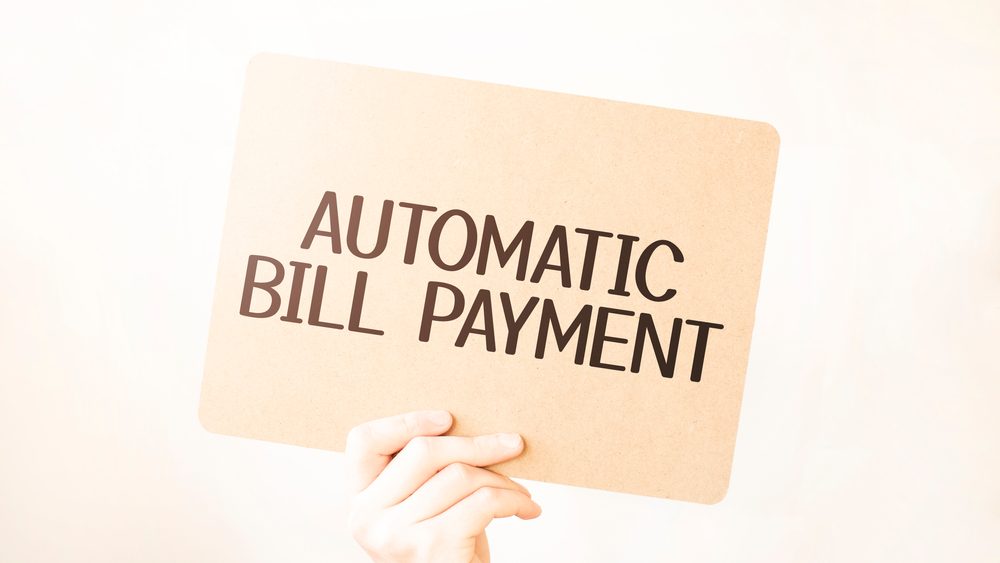
Paying bills manually each month can be time-consuming and easy to forget. Setting up automatic payments is an easy way to ensure all of your bills are paid on time without worrying about remembering due dates.
Most banks offer an automatic payment service that deducts money from your checking account each month and pays your bills. This is an easy way to stay on top of payments and avoid late fees or penalties.
Automating your payments can also be helpful if you frequently travel, as it removes the burden of remembering to send in payments while away. `
Avoid Payday Loans

Payday loans may seem like an easy way to get cash quickly, but they can lead you into a never-ending cycle of debt. Payday loans have incredibly high interest rates and fees, so it’s best to avoid them altogether.
If you’re in need of quick cash, try to find other options, such as borrowing from a friend or family member or taking out a small loan from your bank or alternative lender. These alternatives are usually much cheaper than payday loans and will help keep you out of debt.
Use Cash Whenever Possible

Using cash instead of credit cards is one of the best ways to ensure you stay within your budget. By using cash, it’s easier to track how much you’re spending because you’ll be able to physically see how much you have left.
It’s also important to pay cash for items you want that don’t fit into your budget. This will help keep impulse spending in check and prevent you from accumulating more debt.
Don’t Miss Any Payments
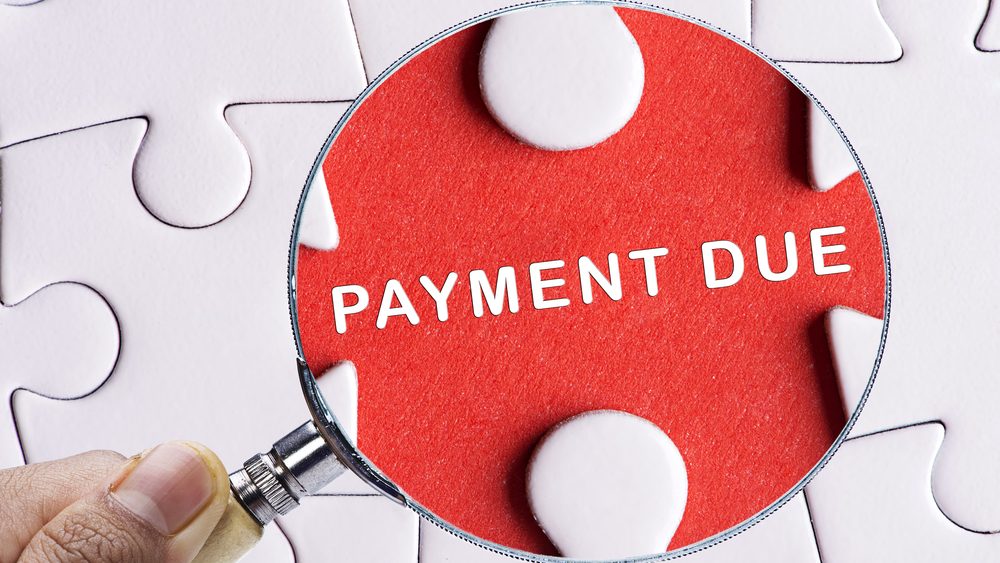
Missing payments can negatively impact your credit score, making it more challenging to get loans in the future.
Set up automatic payments for all of your recurring bills to ensure you’re never late on a payment. This way, you won’t have to worry about forgetting to pay a bill, and your accounts will always stay current.
Track Your Progress
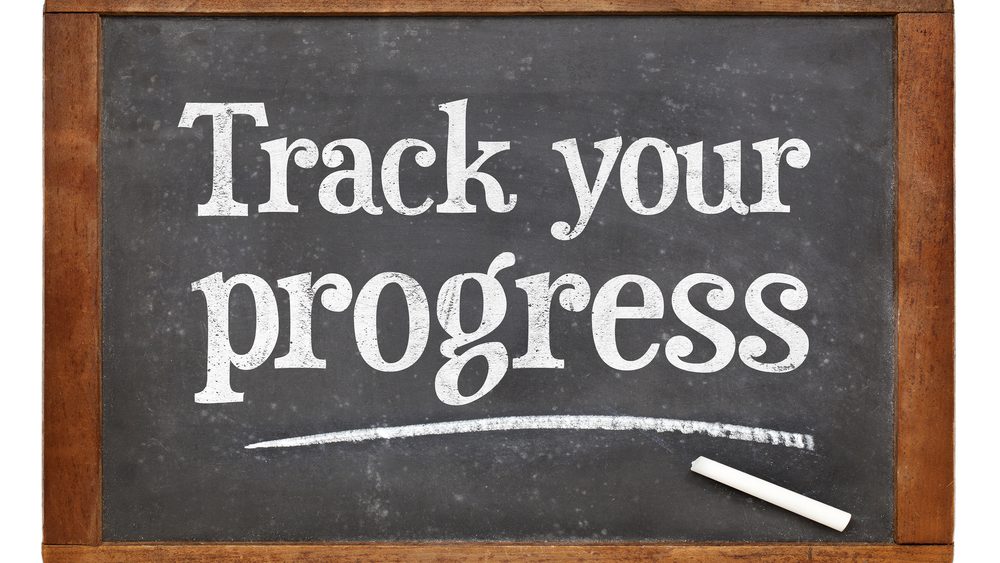
Tracking your progress is an essential part of money management. It’s important to keep tabs on how much you’ve saved and how close you are to reaching your financial goals.
You can track your progress by keeping a budget or creating financial goals. You can also use tracking apps that help you visualize where your money is going and how much you’re saving each month.
Get Familiar With Your Credit Report

Knowing what’s on your credit report is essential for keeping your finances in check. Make sure to review it regularly and dispute any errors or outdated information as soon as possible.
You can request a free copy of your credit report each year, and you should take advantage of this service to stay on top of your credit score.
Comparison Shop for the Best Interest Rate If You Need To Borrow Money

If you find yourself in need of borrowing money, shop around for the best interest rate. Different lenders often offer different rates, and it’s important to take the time to compare them before making a decision.
Not only can comparison shopping save you money on interest, but it can also help you get better terms on your loan or credit card.
Don’t Borrow More Than You Need

It’s easy to get carried away when shopping for a loan. Make sure you only borrow what you need and don’t take on too much debt or risk falling into a financial hole.
The key to successful money management is to make smart decisions, stay organized, and have a plan.
Seek Professional Help If Needed

If you’re having trouble managing your finances or need help setting up a budget, don’t hesitate to reach out for professional help. There are many financial advisors and services available that can help you get on the right track and make sure you stay there.
Final Thoughts
Managing your finances can be difficult, especially when trying to pay off debt. But by following these money management tips, you can stay on top of your payments and get out of debt as quickly as possible. If you need help getting started, we offer free budget counseling and financial education classes at SkyCap University. Get started today.







